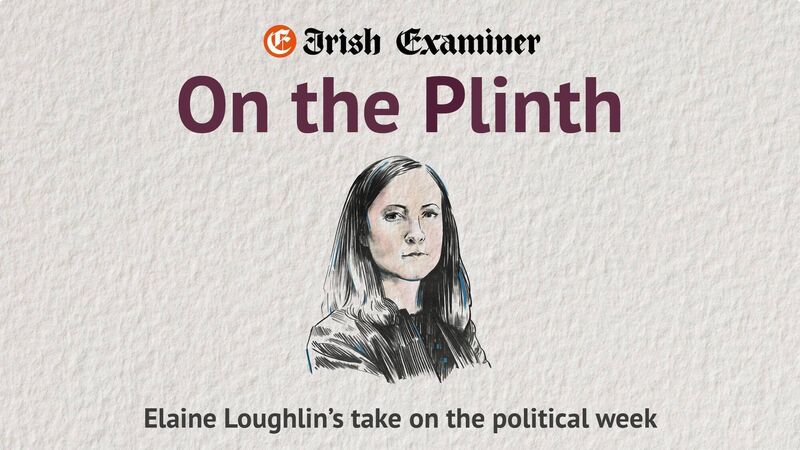Elaine Loughlin: Eight years on, Government still dithers on organ donation

Elaine Loughlin On the Plinth
In intensive care when a person is declared brain dead, the next of kin will be approached.
While coming to terms with this sudden personal tragedy and processing this grief, the person's family will also be asked to make a massive moral and ethical decision.













